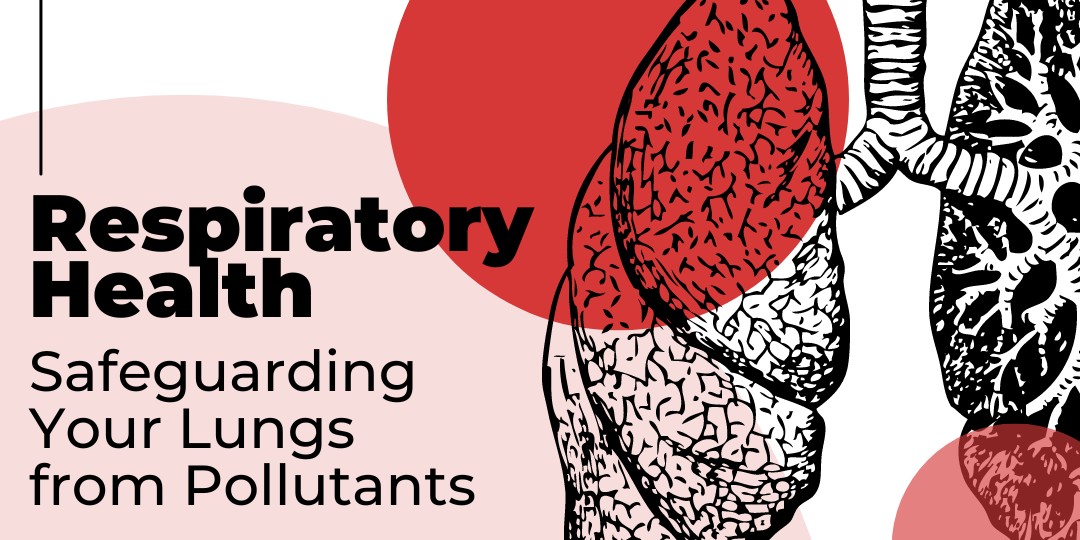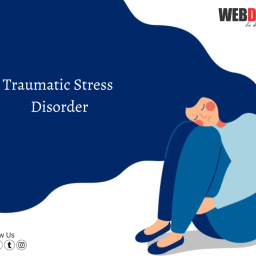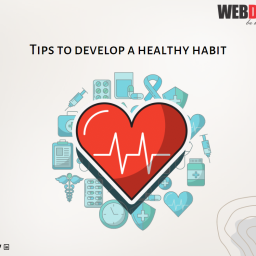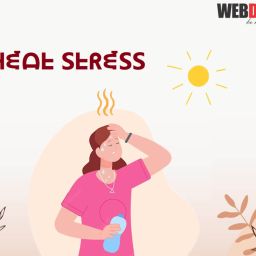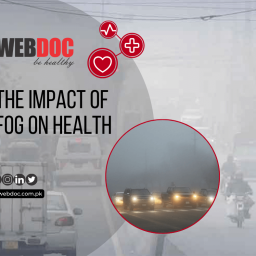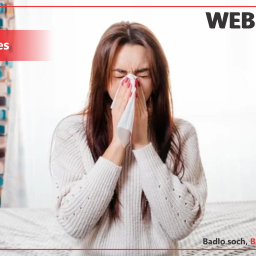Respiratory Health
Introduction
Respiratory health is crucial for overall well-being, as the lungs play a vital role in supplying oxygen to our bodies and removing carbon dioxide. However, in today’s world, air pollution has become a significant concern, posing a threat to our respiratory system. To maintain healthy lungs and safeguard against the harmful effects of pollutants, it is essential to adopt certain preventive measures and lifestyle changes. In this article, we will explore the importance of respiratory health and offer practical tips to protect your lungs from pollutants.
Understanding Respiratory Health and Air Pollution
Respiratory health refers to the condition of our lungs and airways, which are susceptible to damage caused by various pollutants present in the air. Common sources of air pollution include vehicle emissions, industrial activities, construction, burning of fossil fuels, and tobacco smoke. Particulate matter, ozone, sulfur dioxide, nitrogen dioxide, and volatile organic compounds are some of the harmful pollutants that can significantly affect respiratory health.
The Impact of Air Pollution on Lungs
Exposure to pollutants can lead to respiratory issues, exacerbate existing conditions, and even cause long-term damage to the lungs. Short-term effects include coughing, wheezing, shortness of breath, throat irritation, and worsened asthma symptoms. Prolonged exposure can lead to chronic respiratory diseases like chronic obstructive pulmonary disease (COPD) and increase the risk of lung cancer. Children, the elderly, and individuals with pre-existing respiratory conditions are particularly vulnerable to the adverse effects of air pollution.
Protecting Your Lungs from Pollutants
- Monitor Air Quality: Stay informed about the air quality in your area by using air quality apps or websites. Avoid outdoor activities during days when pollution levels are high.
- Use Indoor Air Purifiers: Invest in high-quality air purifiers to reduce indoor air pollution and maintain a clean environment inside your home.
- Quit Smoking: If you smoke, quitting is one of the best things you can do for your respiratory health. Avoid exposure to secondhand smoke as well.
- Reduce Outdoor Exposure: Limit outdoor activities during peak traffic hours and in areas with high pollution levels. Choose parks and green spaces away from busy roads for recreational activities.
- Wear Masks: When venturing into heavily polluted areas or during wildfires, wear masks designed to filter out fine particulate matter and harmful gases.
- Promote Green Transportation: Consider using public transportation, cycling, or walking instead of driving a car to reduce air pollution.
- Keep Your Home Clean: Regularly clean and dust your home to minimize indoor air pollution and allergens.
- Plant Indoor Air-Purifying Plants: Certain houseplants can help improve indoor air quality by removing toxins and pollutants from the air.
- Ventilate Properly: Ensure proper ventilation in your home to allow fresh air circulation and prevent the buildup of indoor pollutants.
- Support Environmental Initiatives: Advocate for cleaner air regulations and support efforts to reduce air pollution in your community.
Conclusion
Respiratory health is of paramount importance, and protecting our lungs from pollutants is essential for leading a healthy and fulfilling life. By being proactive and taking preventive measures, we can reduce our exposure to harmful pollutants and support cleaner air for everyone. Embracing a sustainable lifestyle and supporting environmental initiatives are crucial steps towards ensuring a healthier future for ourselves and the generations to come. Let us all play our part in safeguarding our respiratory health and promoting cleaner air for a healthier world.


